Alcohol

Information
Seeking treatment to stop drinking or cutting back on alcohol will help you to improve your mental and physical wellbeing.
Your current alcohol drinking levels will determine the input you may require. This may involve basic advice and information through to community or inpatient detoxification.
Select the underlined questions below to see more.
Several factors influence how alcohol affects an individual including age, weight, overall health and drinking patterns. It’s especially important to consider any existing health conditions or the use of medications—whether prescription, over the counter medications or illicit substances—as these can interact with alcohol and increase the risk of harmful effects.
Being aware of these factors can help you to make more informed and safer choices around alcohol consumption.
The government provides recommended guidelines for alcohol consumption, which are measured in units.
While measuring in units can be confusing, it can help to think about them in terms of the actual alcoholic drinks you’re familiar with—for example, a standard glass of wine or a pint of beer.
The current UK guidelines are the same for both men and women. They recommend:
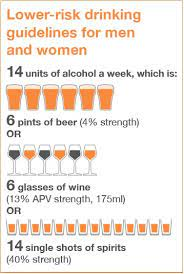
- No more than 14 units of alcohol per week
- These units should be spread out over three or more days if you regularly drink this amount
- Having several alcohol-free days each week is also advised
Sticking to these guidelines can help reduce the risks associated with alcohol and support better long-term health and wellbeing.
Before deciding on the best route to reduce or stop drinking, it’s a good idea to complete the Alcohol Use Disorders Identification Test (AUDIT).
This short questionnaire helps assess your current level of risk related to alcohol use. Based on your answers, you’ll receive a score that can guide you in understanding the potential impact of your drinking and what kind of support might be most appropriate for you.
Scoring information is provided at the end of the AUDIT to help you interpret your results.
If you’re ever unsure about what steps to take next, it’s important to speak with your GP or contact your local Specialist Alcohol Service for professional advice and support.
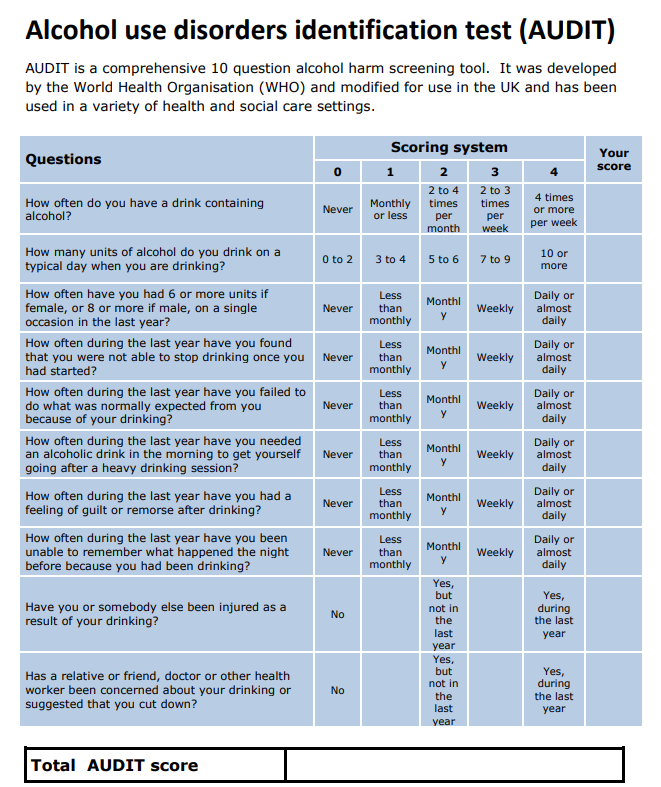
Scoring:
- 0 to 7 indicates low risk
- 8 to 15 indicates increasing risk
- 16 to 19 indicates higher risk,
- 20 or more indicates possible dependence
If the score is 8 or above you can consider brief advice from your GP or Local Specialist Alcohol Service. If you score 20 or above this indicates a possible dependence and you should consider contacting your Specialist Alcohol Service. The information for these services depending on where you live is provided in ‘Getting more help’ section below.
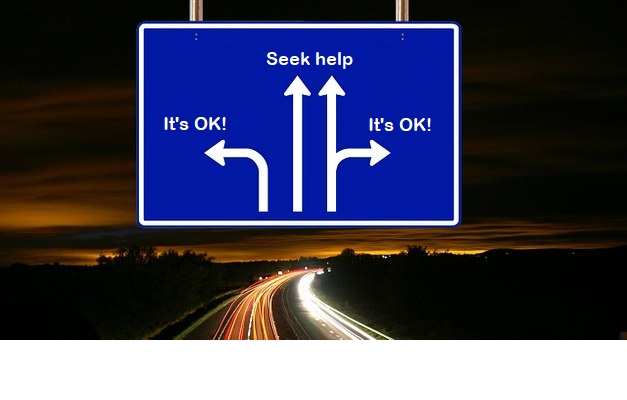
Coping with
In this section, we’ve provided advice to help you find the right support for your individual needs.
For some people, cutting down on alcohol to within safer drinking limits may be enough to support a healthier, more balanced lifestyle. For others—particularly those with a history of alcohol dependency or alcohol-related health issues—completely stopping alcohol use may be the safest and most appropriate path forward. However, it’s crucial to understand that stopping alcohol suddenly, especially after a long period of heavy drinking, can be dangerous. Doing so without medical supervision may lead to serious withdrawal symptoms including seizures, which can be life-threatening.
If you’re considering stopping drinking altogether, always seek professional advice first—either from your GP or a local Specialist Alcohol Service. They can assess your situation and help plan a safe and supported way forward.
The following buttons are self-help suggestions for you
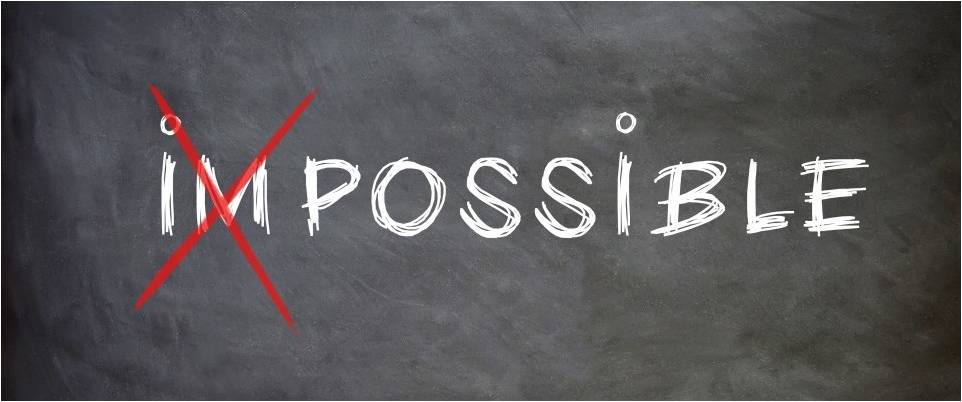
Finding help
Who can you talk to?
- Friends
- Family
- GP
- Healthcare Professionals
- Local Drug and Alcohol Services
- Charities and Helplines
- Peer Support Groups

Getting more help
If you haven’t already found the help you’re looking for, you can find additional information and services which are more interactive here.
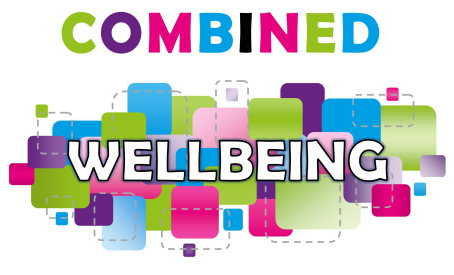





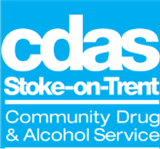


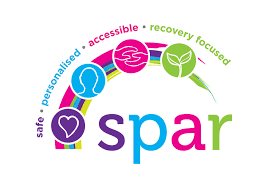
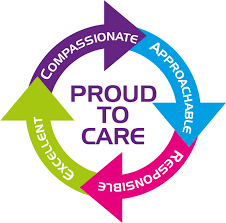


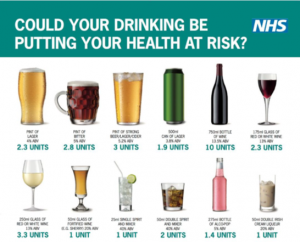 Try to limit the amount in one sitting
Try to limit the amount in one sitting